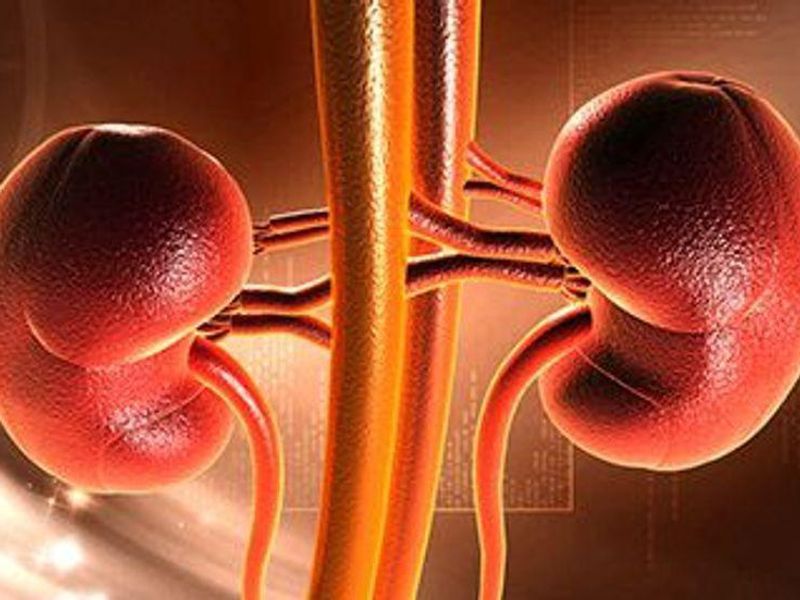THURSDAY, Jan. 20, 2022 (HealthDay News) — A fourth dose of an mRNA-based anti-severe acute respiratory syndrome coronavirus 2 (SARS-CoV-2) vaccine may increase antispike immunoglobulin (Ig)G titers in kidney transplant recipients, according to a research letter published online Jan. 11 in the Annals of Internal Medicine.
Sophie Caillard, M.D., Ph.D., from the University Hospitals of Strasbourg in France, and colleagues examined whether a fourth dose of an mRNA-based anti-SARS-CoV-2 vaccine would increase antispike IgG titers in 92 kidney transplant recipients (34 received BNT162b2; 58 received mRNA-1273) with antispike IgG titers <143 BAU/mL one month after the third dose.
The researchers found that no safety concerns were observed with the fourth dose. Median antispike IgG levels increased from 16.4 to 145 BAU/mL after a median of 29 days; 50 percent of patients reached the threshold of 143 BAU/mL. Patients who reached this threshold had a longer interval between transplant and fourth vaccine dose and less often received steroids. The percentage of patients with antispike IgG titers above 143 BAU/mL after the fourth dose was 48 and 52 percent for BNT162b2 and mRNA-1273, respectively; patients receiving mRNA-1273 had higher IgG titers (median 150 versus 122 BAU/mL). Only one patient was subsequently diagnosed with mild COVID-19; one month after the fourth dose, the patient’s antispike IgG level was 28 BAU/mL.
“We recognize that an increase in antispike IgG titers does not invariably provide protection from infection and disease, which is why we encourage longitudinal studies with a sufficient duration of follow-up to evaluate the risk for COVID-19 in patients like these after additional vaccine doses,” the authors write.
Two authors disclosed financial ties to the biopharmaceutical industry.
Copyright © 2021 HealthDay. All rights reserved.


